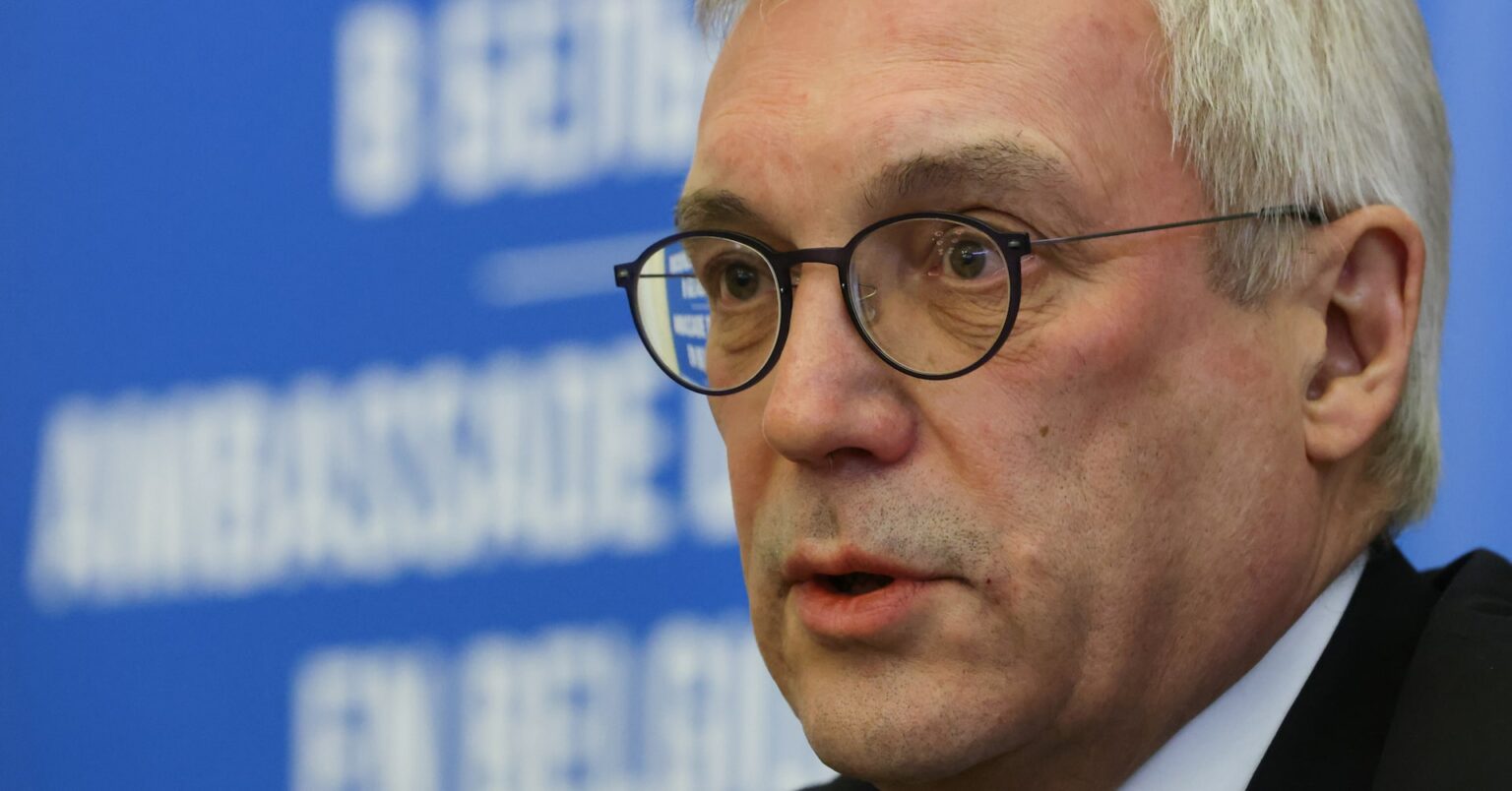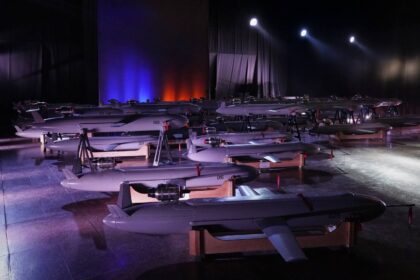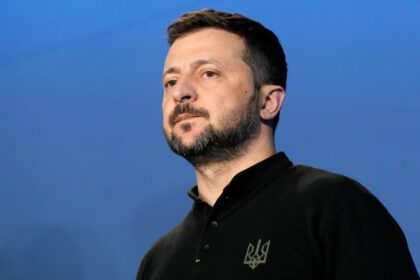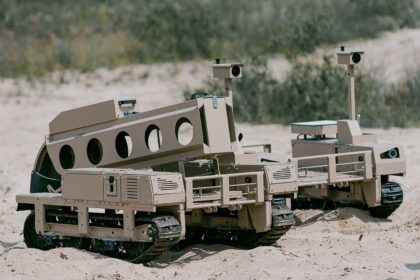**NATO’s Baltic Drills: A Show of Force Against Russia?**
The North Atlantic Treaty Organization (NATO) has been conducting military exercises in the Baltic Sea region, a move that Russia is viewing as part of preparations for a potential clash between the two. According to Russian Deputy Foreign Minister Alexander Grushko, NATO’s actions are aimed at countering Russia as an “adversary”.
In comments published by TASS news agency on Wednesday, Grushko stated that NATO’s Baltic drills are part of the alliance’s preparations for military clashes with Russia. He noted that the focus and structure of these exercises point to a readiness to engage in combat against a comparable adversary.
**What Does This Mean?**
The annual BALTOPS exercise, which is being held this month, involves NATO member countries conducting military maneuvers in the Baltic Sea region. While NATO has maintained that these drills are aimed at demonstrating its commitment to regional security and stability, Russia sees them as a sign of growing tensions between the two.
**Why Does This Matter?**
The increasing militarization of the Baltic region is a significant development in the ongoing tensions between Russia and NATO. The presence of NATO forces in the area has long been a point of contention for Russia, which views these actions as an attempt to encircle and isolate it.
In recent years, there have been several high-profile incidents involving Russian military jets intercepting NATO aircraft over the Baltic Sea. These close calls have heightened concerns about the potential for conflict between the two sides.
**What’s Next?**
The BALTOPS exercise is just one part of a broader set of tensions between Russia and NATO. The United States, in particular, has been increasing its military presence in Eastern Europe, with deployments to Poland and other countries that border Russia.
As the situation continues to unfold, it remains to be seen whether these tensions will escalate into something more serious. One thing is certain, however: the Baltic region has become a flashpoint for international conflict.
Read More @ www.reuters.com












